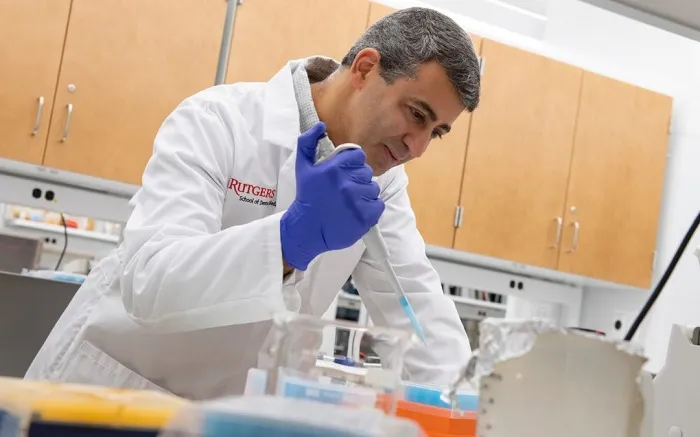TOKYO — Clinical trials for a groundbreaking medicine that aims to grow missing teeth will begin in September, according to a research team led by Kitano Hospital in Osaka and Kyoto University Hospital in Kyoto.
The medicine is designed to treat dental agenesis, a condition where individuals are born without some or all of their teeth.
The initial trials will involve 30 healthy men who have lost teeth due to various causes. The goal is to confirm the medicine’s safety before testing it on children aged two to seven. If successful, the team hopes to bring the treatment to market by 2030. This could become the world’s first medicine to grow new teeth, according to the researchers.
In Japan, approximately 120,000 people are affected by genetic agenesis, which results in missing teeth. Without treatment, the condition can disrupt jaw development and affect other body parts. Children with this condition often need to replace their dentures as they grow, and by adulthood, they may need artificial teeth implanted directly into their jaw.
The team has made significant progress in animal studies, where they identified a protein that limits tooth growth. By creating an antibody to block this protein, the researchers were able to stimulate tooth growth in mice and dogs with dental agenesis. The new teeth appeared to develop from tissues that were previously dormant due to the blocking protein.
In the upcoming clinical trials, the team will administer either the experimental drug or a placebo intravenously to men aged 30 to 64 who have lost teeth from cavities or other causes. The participants will be monitored for any adverse effects over a one-year period.
If the medicine proves to be safe, the team plans to begin trials around 2026 involving approximately 50 children who are missing four or more teeth. This will help verify the medicine’s effectiveness.
The treatment is expected to cost around 1.5 million yen (approximately S$12,800). The researchers also plan to continue exploring ways to help those who have lost teeth due to cavities or other reasons.
Katsu Takahashi, head of dental and oral surgery at Kitano Hospital, emphasized, “We want to keep pushing the research and create a third option after dentures and dental implants.”
Related topics:

